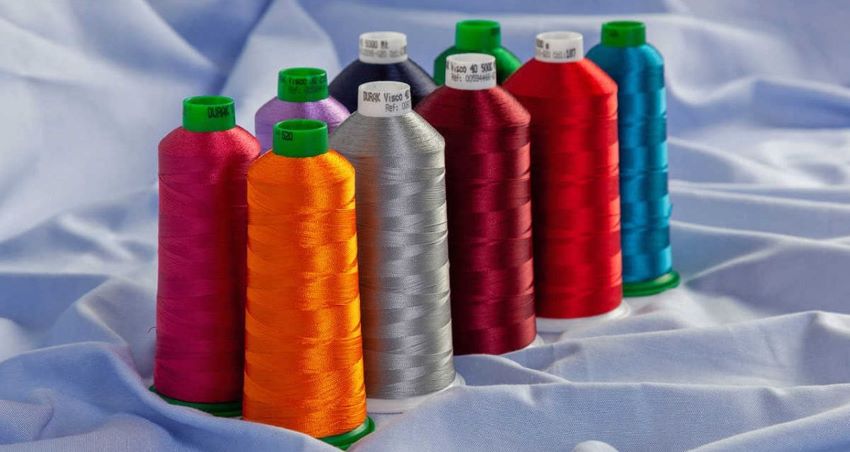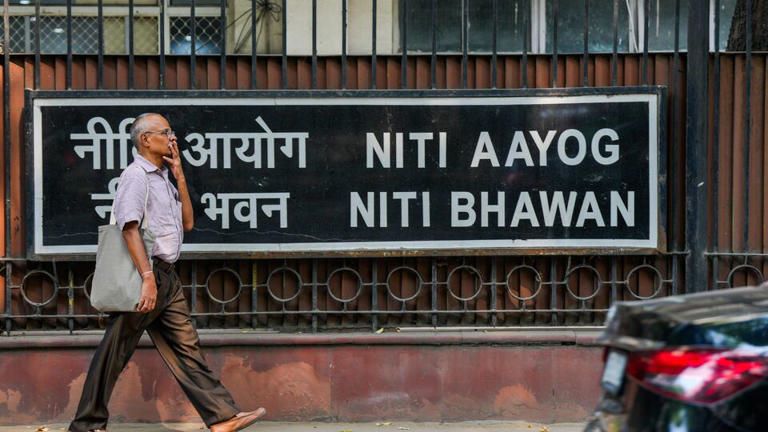A report released by a coalition of prominent apparel suppliers proposes seven recommendations to prioritise value chain decarbonisation and improve funding accessibility, availability, and affordability in the industry.
Titled ‘From Catwalk to Carbon Neutral: Mobilising Funding for a Net Zero Fashion Industry, the report emphasises the crucial role of collaboration across the value chain and the necessity of innovative financing mechanisms to align with the objectives of the Paris Agreement.
Co-commissioned by leading apparel companies including, MAS Holdings, and Simple Approach, the report sheds light on the pivotal role of innovative financing in the quest to decarbonise the apparel sector.
Its recommendations include advocating policy support by the brands and manufacturers to facilitate decarbonisation, adherence to rigorous transparency and sustainability reporting standards, including financing schemes and emissions reductions.
The report urges brands, retailers, and value chain partners to pilot and expand the Fair Climate Fund, adhering to Fairtrade principles and backed by an independent verification agency.
It also recommends stakeholders to increase funding for decarbonisation in manufacturing countries, offering low-interest and SME-friendly schemes to underwrite risks. Further, it urges commercial banks to allocate a fixed percentage of their lending portfolios to decarbonisation projects in the apparel sector's supply chain.
Stakeholders should reframe the conversation on decarbonisation to focus on supply chain efforts rather than solely burdening manufacturers, the report says.
It advises value chain actors to reassess relationships with suppliers to mitigate business risks associated with decarbonisation investments.
Moreover, the report urges the industry to explore unconventional funding models beyond traditional debt-based solutions. Drawing insights from interviews with 21 apparel manufacturers and key stakeholders, alongside extensive desk research, it offers a nuanced understanding of funding needs and constraints while proposing equitable and effective solutions.has urged the apparel industry to adopt a fairer and more impactful approach to financing climate action.
Supported by organizations including Deutsche Gesellschaft für Internationale Zusammenarbeit GmbH, Fabric Asia Project, and Transformers Foundation, the report is endorsed by influential bodies like the International Apparel Federation and Fashion Producer Collective.












